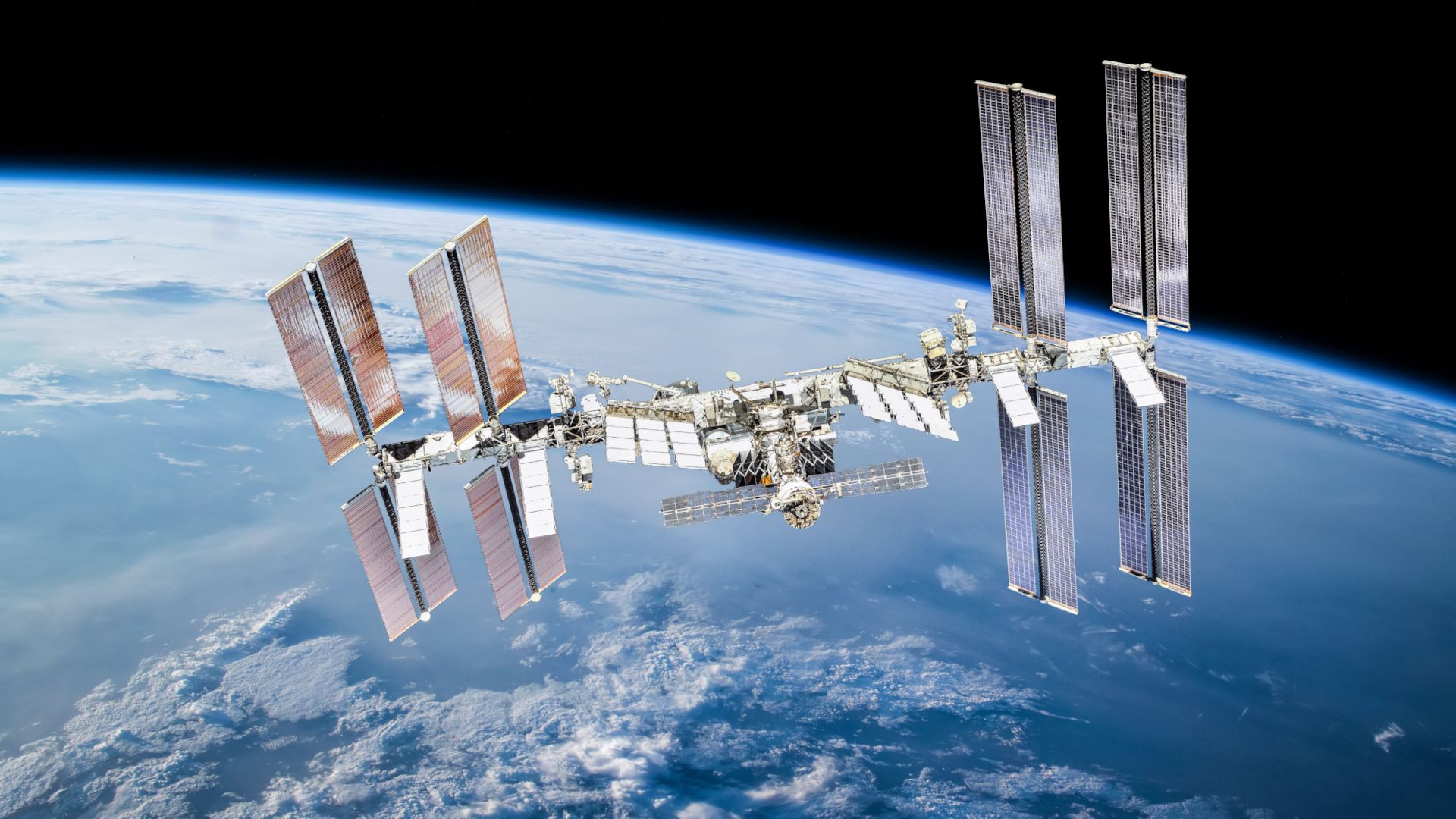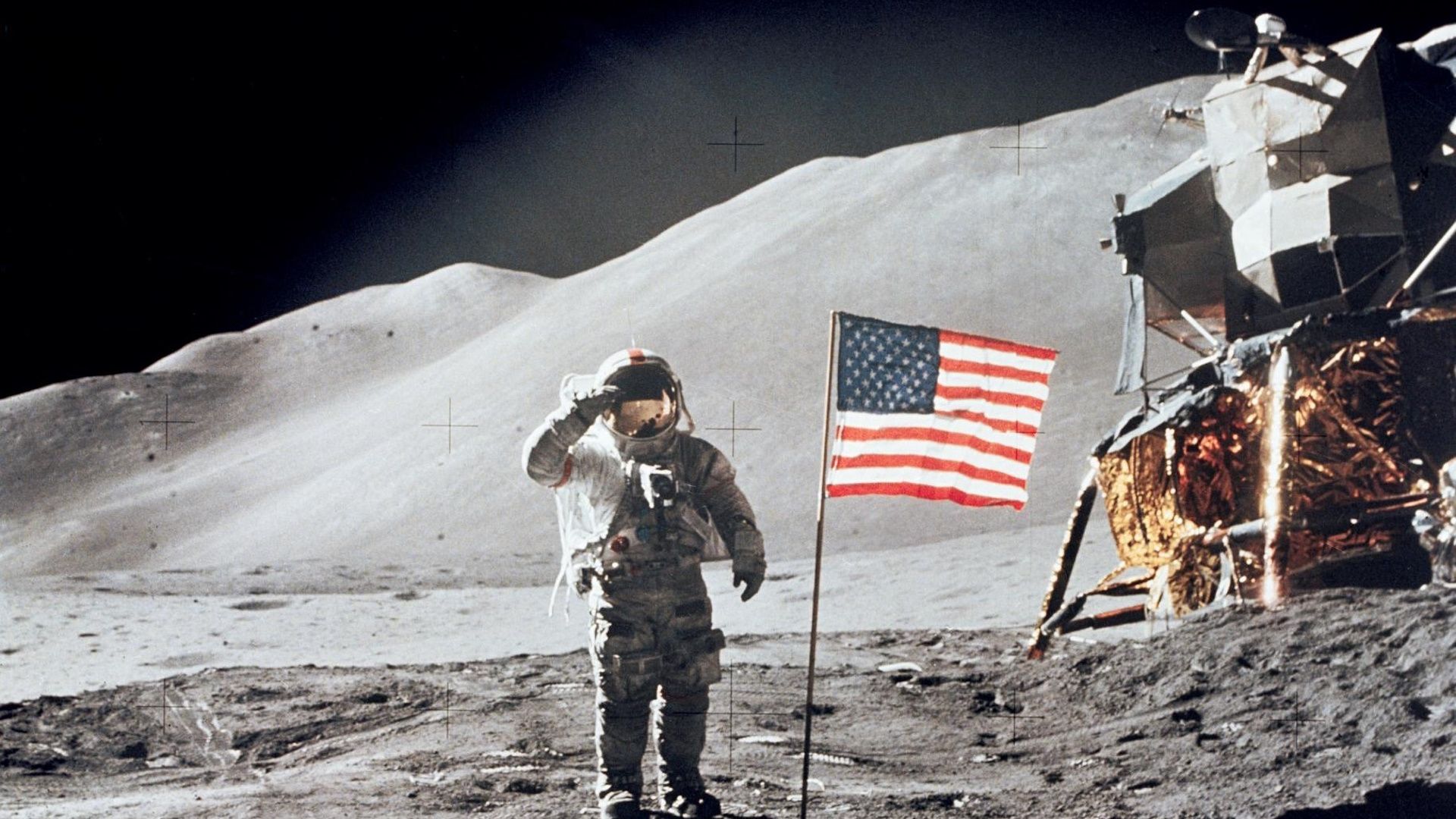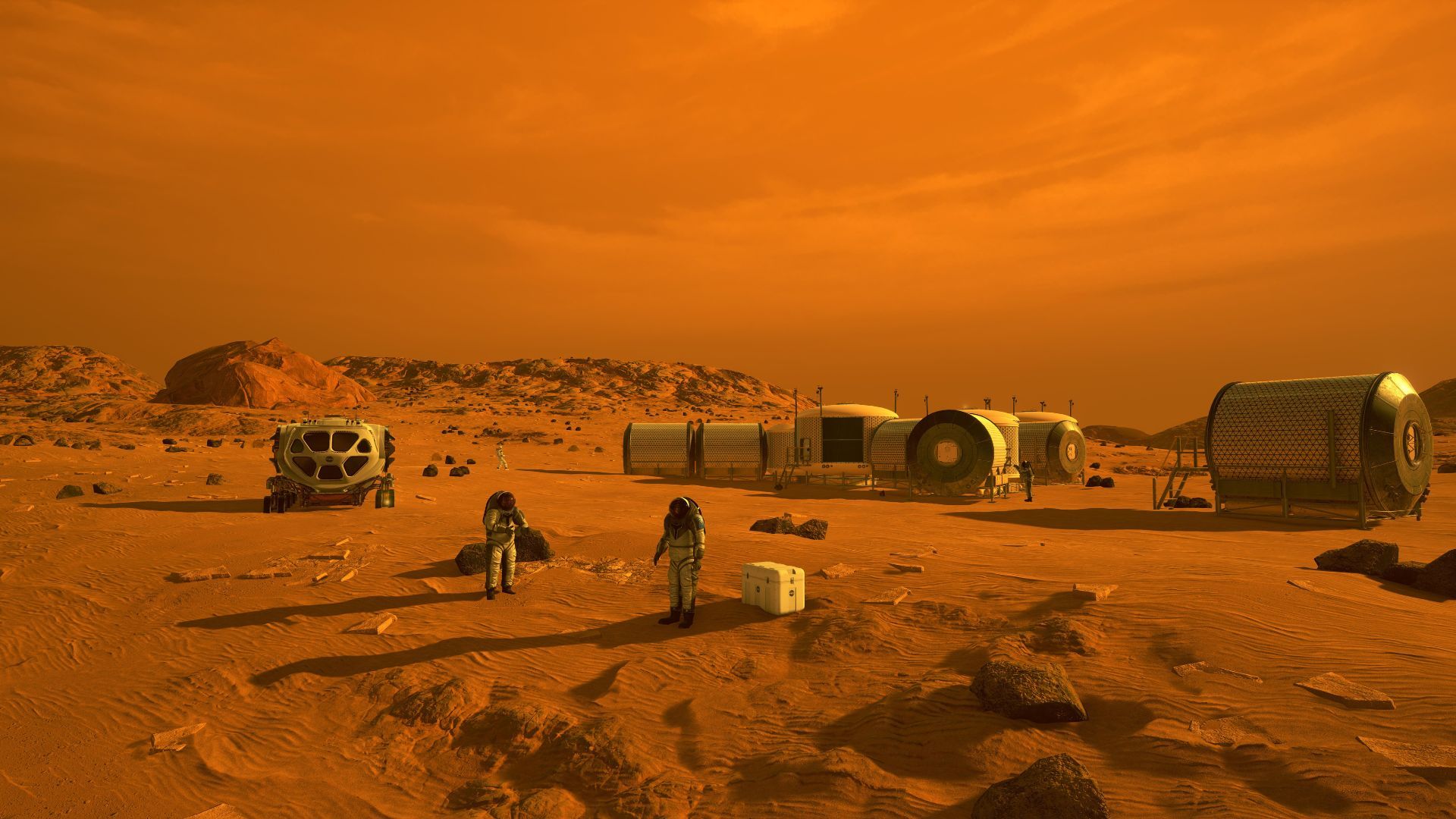Space exploration has been a defining feature of human ambition for decades. From the first satellite launch to our goal of landing humans on Mars, our fascination with space may one day push the boundaries of what we thought was possible.
We Have Unanswered Questions
As a species, we’ve always been curious: Why are we here? Where did everything come from? And are we alone in the universe?
These three big questions have fueled our curiosity to drive humanity to explore space. Space agencies around the globe were created for the purpose of scientific research and to find new resources that could also help us here on Earth. This became one of the most uniting ventures in human history, with international partnerships that created the International Space Station, which you can see today.
It Inspires Us For More
While some may argue that space exploration takes away resources from big issues we have here on Earth, the reality is that these out-of-Earth ventures often have a direct and profound impact on our daily lives—and this may just continue to improve.
Space exploration provides us with new perspectives on our planet and our solar system as a whole. It helps us advance scientific understanding of space, inspires the next generation to continue its mission for the benefit of all, and we may even make some more groundbreaking discoveries.
There Are Everyday Benefits
As scientists continue studying space, various equipment has been developed. This includes satellites, probes, and telescopes to gather large amounts of data on space—and some are helping us here on Earth today.
The Global Positioning System (GPS) is one great example. While many of us rely on Google Maps to get around, fewer people realize that GPS technology would not exist in its current form without the satellites orbiting our planet. The same satellites also enable accurate weather forecasting, giving farmers critical information, helping us plan our day, and saving lives when severe weather threatens.
The Earth’s condition is not improving from a climate perspective. With climate change, it’s actually worsening. The data gathered from satellites can help us monitor climactic changes and evaluate if our sustainable practices are helping over a long period of time.
Potential Future Resources
As the Earth’s population grows, so does our need for more natural resources. Eventually, we’ll exhaust the planet’s capacity to sustain us. Asteroids, for example, are believed to contain rare minerals and metals we need for everything from smartphones to advanced medical devices. Several private companies already have long-term plans to explore this arena, viewing asteroids as a potential mining opportunity.
Some scientists also argue that lunar material from the Moon could potentially be refined into rocket fuel, creating a “gas station” for deeper space travel. If this becomes possible, missions to Mars and beyond might require less fuel to launch from Earth—cutting costs and complexity. Could you imagine what we could find out there if this becomes possible?
Finding a New Home
Scientists study planets beyond Earth to identify which ones have the potential to support human life. This has inspired businesses in the private aerospace sector, with SpaceX leading the pack, to contribute in an innovative and efficient way. SpaceX has developed reusable rockets in Falcon 9 Block 5 in the pursuit of making space flight affordable, and Starship aims to cut costs even further. So this means that space travel could one day become a reality for you and me.
Of course, Mars itself captivates a lot of people because it offers a theoretical “backup plan” for humanity if we ever confront global threats like massive asteroid impacts or pandemics on an uncontrollable scale. There is still a lot left to do for Mars to become habitable, since its extreme environment is a huge challenge. While no one wants to give up on our home planet, having a safety net in place might prove invaluable—sort of like an insurance policy.
It Brings Us Together
Beyond technological advances and economic potential, space exploration has a unifying effect on humanity. The famous images of Earth taken from space—like the “Blue Marble”—remind us of our shared origin and shared destiny. When we look at our planet from the vantage point of the Moon or pictures of an orbiting spacecraft, national borders fade away, and we’re left with a simple truth: we all live together on one planet.
The International Space Station (ISS) is a beacon of what we can achieve when nations unite in pursuit of scientific progress, showing that shared goals can overcome political differences.
It Drives Innovation
Exploration in any field, and not just in space, presents a multitude of challenges that demand new and improved instruments and ways of doing things. In other words, innovation is important and space technology helps us to innovate.
Scientists here on Earth have developed a silver-ionization water purification system that was originally designed for the Apollo spacecraft, so innovations in space technology can help back on Earth too.
When it comes to chemical agents in space, most of them are harmful and hazardous for astronauts, and they live in a sealed and confined space. Any leaks can be catastrophic due to cosmic radiation. Fortunately, NASA has developed an advanced but cost-effective chemical detection system, which traces extremely low levels of chemical makeup and that’s in the environment, preventing possible accidents inside the space station.
I don’t know about you, but I can’t wait for future space missions and all that it may bring. I may just have to learn to experience space without ever having to leave Earth.









